When you step out into the world daily all you’re really doing is hoping to get through your day. But when you’re Muslim, an incident like the tragedy in Paris can invite a barrage of unwanted questions that can be quite alienating.
Here’s a fact: Muslims around the world share the grief of those who have lost their loved ones in the Paris attacks. But that is irrelevant to a number of people who either bash the entire community, or think that a regular individual’s personal beliefs match those of a terrorist.
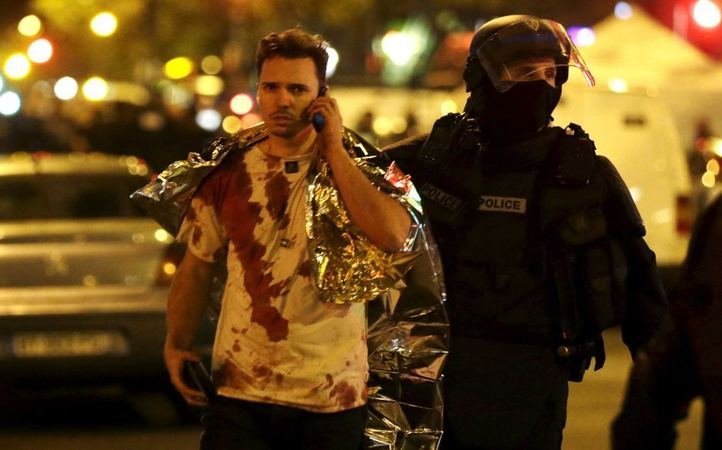
On an individual level I am fortunate enough to be surrounded by ample amount of people who know, respect and even criticise me for who I am and not because of my religious identity. But thanks to social media, I am exposed to a flood of opinions which range from the supportive, to the outright brutal ones, targeting my religious identity.
One attack by a bunch of terrorists, and suddenly it ceases to matter what kind of a person I am. And like in my case, religious identity is used to connect billions of peaceful, law abiding human beings to a band of blood thirsty lunatics who are a few thousand in number.
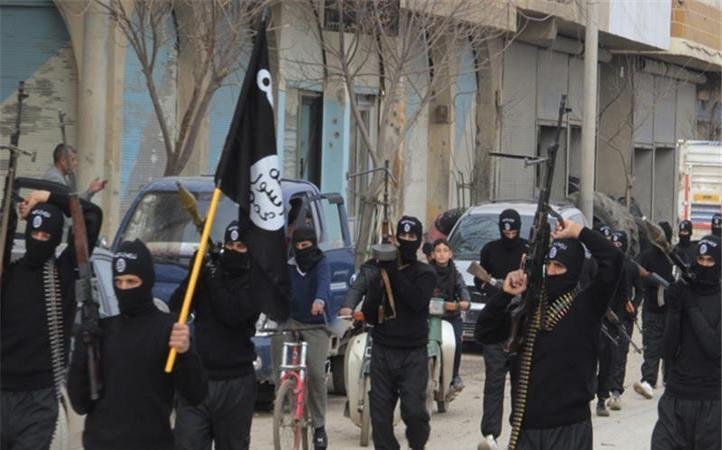
As an individual, I feel unnerved by the indiscriminate killing in Paris as much as I am outraged by the bombing in Beirut a day earlier, and the beheadings of a Hazara family in Afghanistan.
But what is saddening is the fact that, as a Muslim, I will be expected to answer why these attacks happened. Why are so many Muslims joining terrorists? And why is every terrorist a Muslim? This, despite the fact, that I am not involved in any of way with such an act and clearly oppose this loss of innocent lives. I will be called an apologist for terrorists, and my identity will be used to discredit my opinion.
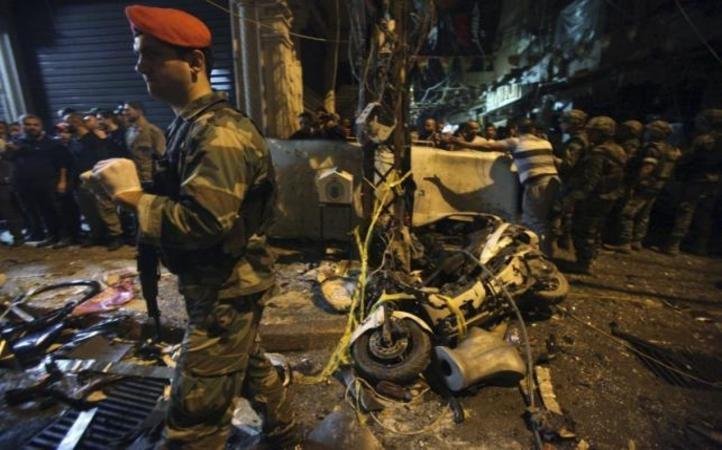
A classic argument used to justify the stereotype of the community, is that though all Muslims are not terrorists, all terrorists are Muslims. But what a lot of people don’t understand, or tend to conveniently ignore, is that this is far from the truth.
It is a fact that religious extremism has gone up considerably in Muslim nations in the last few decades. But there have been incidents of violence across Asia, Africa, Latin America and even the US, in which the perpetrators were driven by different religious and political ideologies.
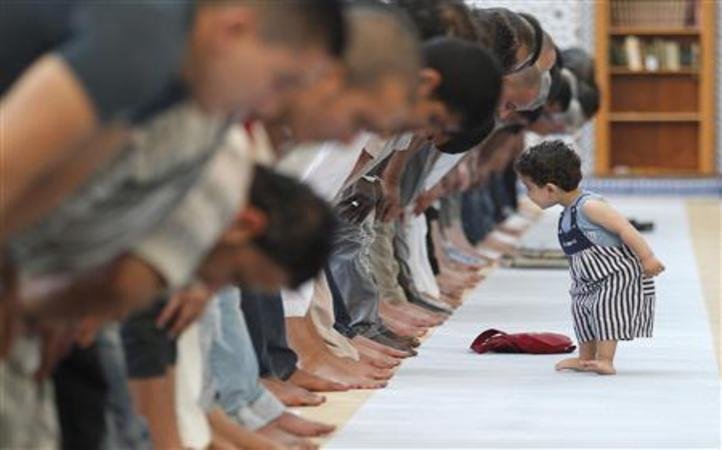
It disgusts Muslims equally that innocent people are being murdered in gruesome fashion in the name of the same god has told them to preserver their faith, tolerance, love and compassion, even in the face of persecution.
What adds insult to injury is the manner in which the community is held accountable for a phenomenon which is totally out of their control, and they are seen as a part of some kind of global barbaric cult, whose sole purpose is to unleash mindless violence and behead people.
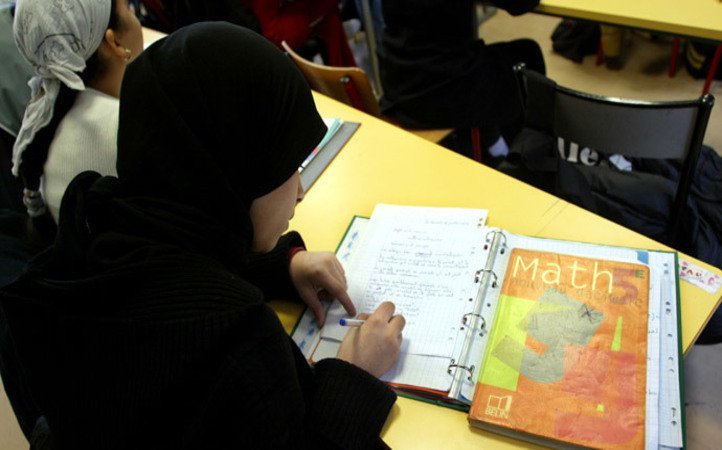
The term “Islamists” is often used to describe a few hundred thousand radical Muslims, and billions of common Muslims are described by a term “moderate Muslims”. The very prefix “moderate” implies Islam in it’s true form is radical, and that those who believe in peaceful coexistence are moderate.
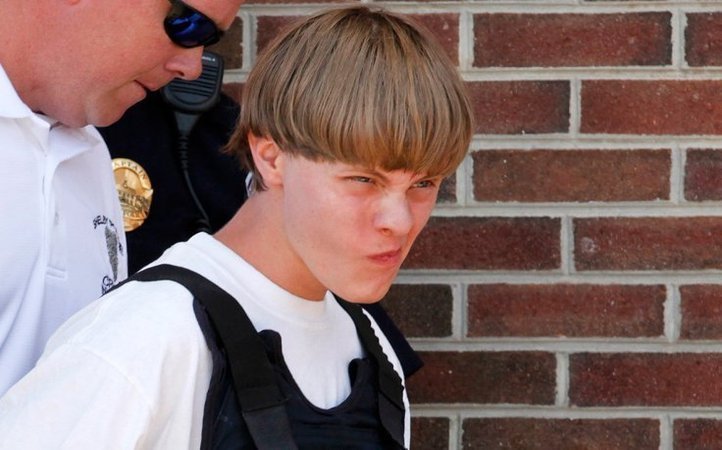
There is fear and helplessness in the community. The fear is sparked off by the questions and attacks on their religious identity. The helplessness by the feeling of being unable to fight back against the violent extremism plaguing the community.
It is a fact that religious extremism is the biggest threat the community faces from within. But any effort to curb the rise of fundamentalism will require Muslims to accept that it is a real problem and take a stand.
The Indian Muslim community has sent many negative signals in the past, like in case of 1993 Mumbai serial blasts convict Yakub Memon, who was seen more as a victim of religious discrimination rather than a terrorist facing consequences of his actions. The grand funeral was uncalled for, and perhaps a sign the community needs to set its priorities straight.
Muslims need to reach out to the outside world with the real Islam, instead of just telling themselves that what terrorists do is against Islam. The community needs to stop living in denial, and accept that religious fundamentalism is a real threat.
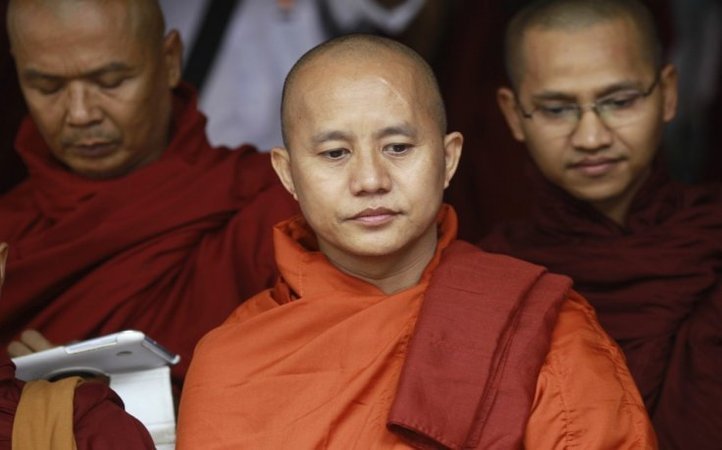
Teachings of preachers like Baba Bulleshah and Rumi, who advocated compassion and mercy, should be promoted among young Muslims to counter the narrative of war used by extremists. And the clergy and community leaders should emphasize the importance of education and world peace through the teachings of Islam, instead of simply denouncing events.
Muslims need to be accepted as a part of the world and their issues should be he same as those faced by the rest of humanity. The community needs to realise that they cannot live in an alternate world and have to move ahead with the rest of the world.
But the community needs support to combat the radical elements from within.
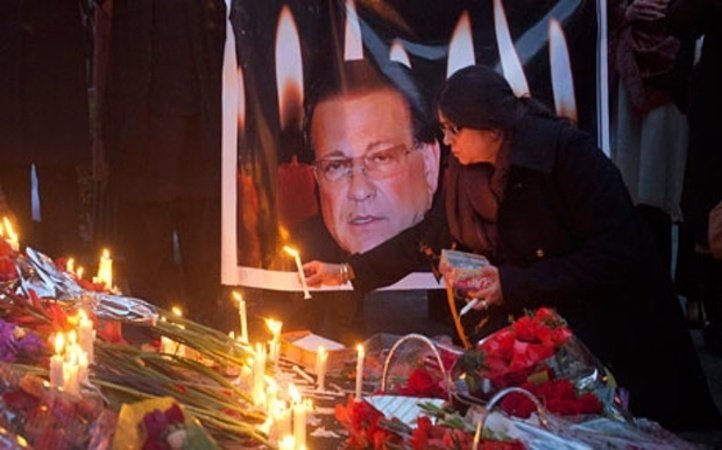
The problem is that when the world starts seeing terrorists as representatives of religious ideas, it perhaps acknowledges their ideas as the actual face of Islam. This weakens the peaceful and compassionate doctrine even more.
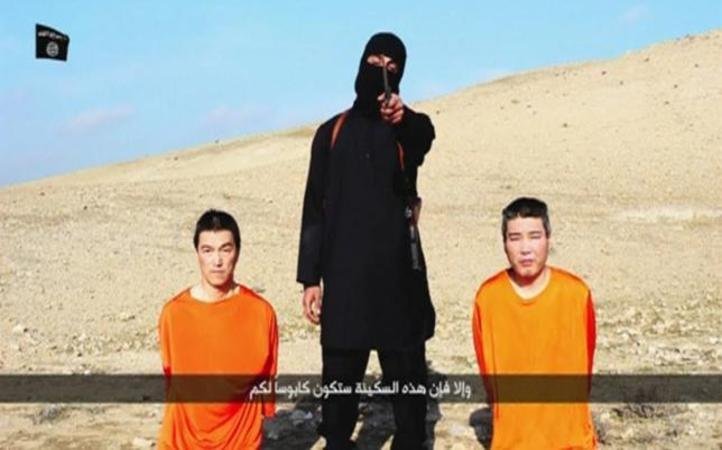
Demonising Muslims over terrorism also makes sectarian differences in the community worse. When Muslims face criticism for the actions of extremists, the different sects within Islam blame each other, causing a rift and creating more space for radicals to operate in.
The discussions about Islam and Muslims needs to go beyond just mentioning terrorist attacks. It needs to involve progressive Muslim thinkers and artists.
And then there’s the need to speak out. The killings of people like Shahid Azmi in India and Salmaan Taseer in Pakistan for fighting against injustice, only to be forgotten, makes progressive Muslims think twice before standing up to religious extremism.
The attitude of not acknowledging the targeting of the community in Myanmar and Gaza, also doesn’t help. It only furthers the perception that Muslims are being selectively targeted as part of a political conspiracy.
Muslims are often forced to take sides, when they should be able to coexist with people from other faiths, while adhering to their own beliefs. T here are many who are trying to be a part of progressive movements, and actively participate in the overall development of the society they live in.
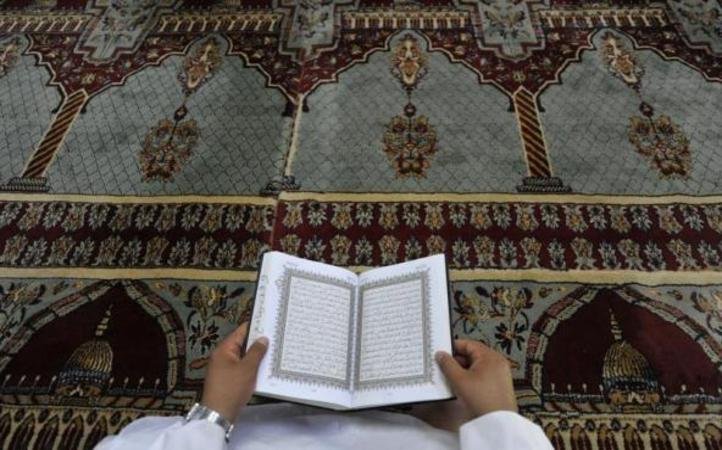
Misrepresentations alienate the community and only increase the feelings of helplessness and fear in the community, when all every member of it really wants it to get education, live life in peace and be a part of the global community.
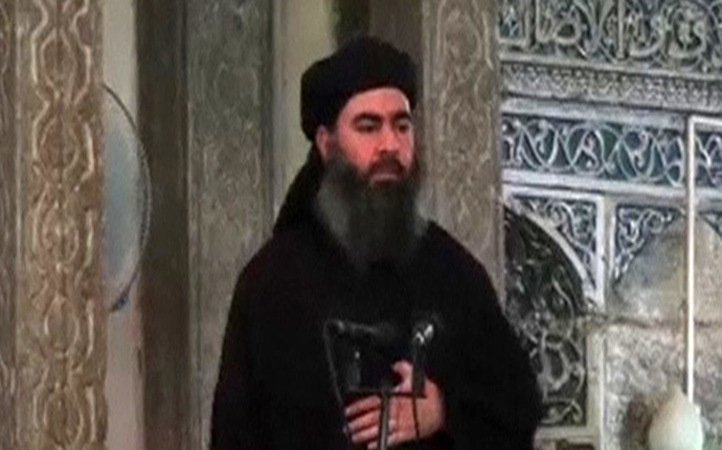
Muslims can try fight ideas propagated by fanatics only through a counter narrative that mentions honesty, truth, justice, compassion and mercy as the key principles of Islam. But this narrative also needs support, since a common man cannot be expected to directly combat the radicals who are far more aggressive and violent in their approach.
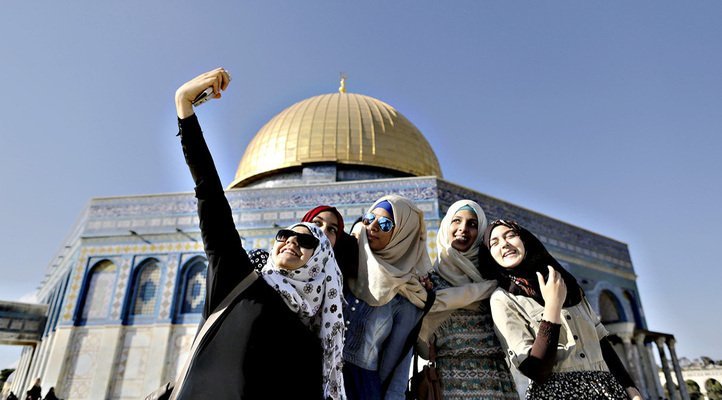
So talk to the Muslims you know personally, and if you are curious ask them about what Islam is. Don’t draw your conclusions from actions of a bunch of lunatics and think it applies to every Muslim you see in the streets.
(Any opinions expressed here are those of the author and not necessarily of ScoopWhoop)

















